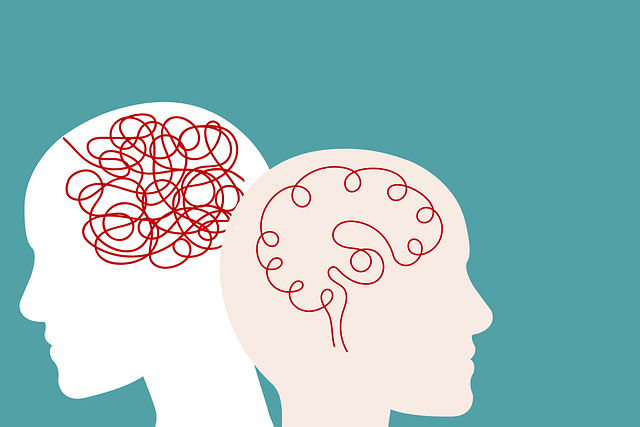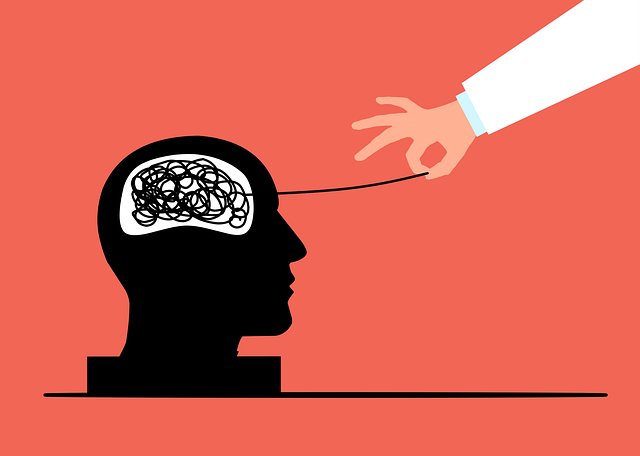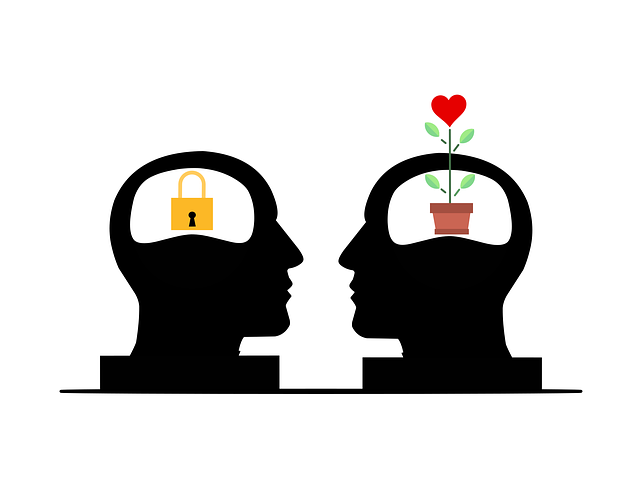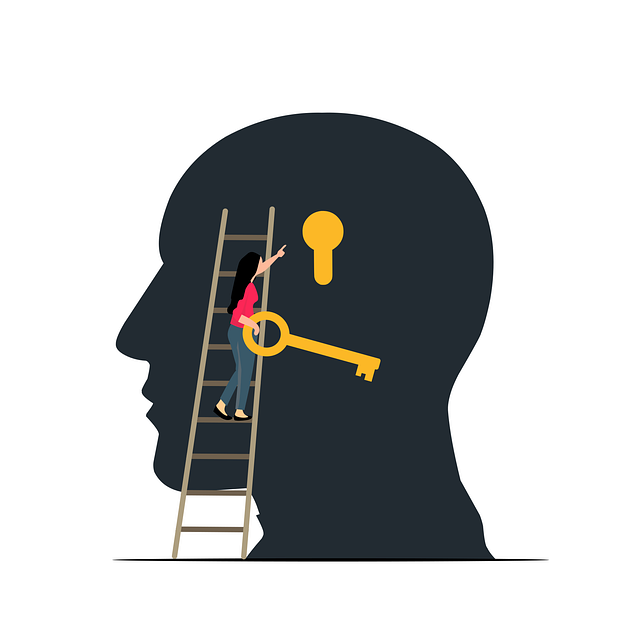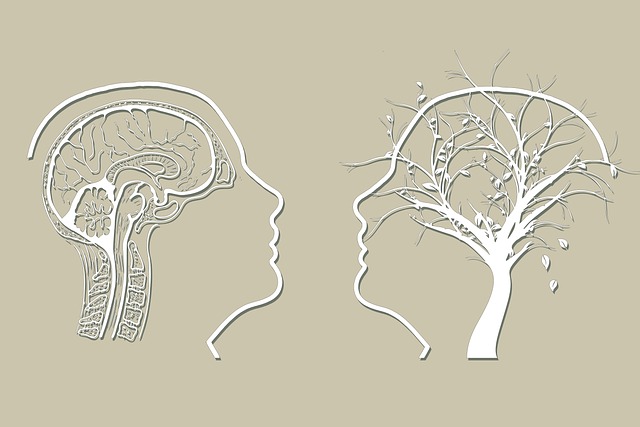Emotional intelligence (EI) development through therapy is vital for healthy child growth, empowering kids to manage emotions and empathize. Recognizing low self-esteem in children early on is crucial, as it can be identified by negative self-talk and social struggles. Tailored therapy and community outreach programs focused on emotional well-being can effectively support and improve children's self-esteem. Incorporating self-esteem activities into daily routines, such as journaling exercises and stress management workshops, boosts confidence and EI skills. Therapy, especially with Mind Over Matter principles and mindfulness meditation, is a powerful tool for nurturing children's self-esteem through personalized, inclusive interventions.
Emotional intelligence (EQ) is a vital skill for children to navigate their feelings and interact with others. This article explores how EQ development can foster healthy childhood experiences, specifically focusing on self-esteem. We’ll discuss the signs of low self-esteem in kids and provide strategies for parents and caregivers to build emotional intelligence. Additionally, we’ll delve into the transformative power of therapy as a tool to enhance children’s self-esteem and overall well-being.
- Understanding Emotional Intelligence and Its Impact on Children
- Identifying Signs of Low Self-Esteem in Kids
- Strategies for Building Emotional Intelligence in Children
- The Role of Therapy in Enhancing Children's Self-Esteem
Understanding Emotional Intelligence and Its Impact on Children

Emotional intelligence (EI) is a crucial aspect of human development, especially in children. It refers to an individual’s ability to recognize, understand, and manage their own emotions, as well as empathize with others’ feelings. Building EI early on has profound effects on a child’s overall mental wellness. When kids develop strong emotional intelligence, they gain valuable skills for navigating social interactions, resolving conflicts, and coping with stress, all of which contribute to enhanced self-esteem and better relationships.
In therapy for children, focusing on EI can be transformative. Simple practices like journaling exercises encourage kids to express their emotions, fostering self-awareness. Healthcare providers play a vital role in this process through cultural competency training, ensuring they can guide families effectively. By integrating emotional intelligence into daily routines and with the support of professionals, children can build resilience, improve communication skills, and cultivate a positive mental health foundation that will serve them throughout their lives.
Identifying Signs of Low Self-Esteem in Kids

Recognizing low self-esteem in children is a crucial step towards fostering their emotional intelligence and overall well-being. Kids with low self-worth often display subtle signs that can be easily overlooked. One of the primary indicators is consistent negative self-talk, where they critique themselves harshly and dismiss their accomplishments. They might frequently say things like “I’m not good enough” or “Nobody likes me,” reflecting a distorted view of themselves.
Additionally, children with low self-esteem often struggle in social settings. They may avoid peer interactions, seem detached, or display impulsive behaviors as a coping mechanism. In a Mental Health Policy Analysis and Advocacy context, these signs can be addressed through therapy tailored for children. Implementing a Community Outreach Program Implementation focused on emotional well-being can also help identify and support kids in need, ultimately driving Self-Esteem Improvement.
Strategies for Building Emotional Intelligence in Children

Teaching children emotional intelligence (EI) is a fundamental aspect of their overall development and can significantly impact their future mental health and success. Early intervention through therapy for children can be highly effective in fostering EI skills. One powerful approach is incorporating self-esteem activities into their routine. Building self-confidence allows kids to recognize and manage their emotions effectively, leading to better decision-making and stronger relationships.
Mental wellness podcasts for parents and stress management workshops designed for young minds can provide valuable tools. These resources offer practical strategies to help children identify and express feelings, set boundaries, and navigate social interactions with empathy. Regularly engaging in such activities not only enhances their emotional intelligence but also contributes to a positive mental health awareness culture from an early age.
The Role of Therapy in Enhancing Children's Self-Esteem

Therapy plays a pivotal role in fostering and enhancing children’s self-esteem, a crucial aspect of their overall emotional intelligence development. Through various therapeutic techniques, healthcare providers can help young individuals navigate their emotions, build healthy coping mechanisms, and cultivate a positive sense of self. One effective approach is incorporating Mind Over Matter principles into therapy sessions, teaching children to challenge negative thoughts and beliefs that may impact their self-worth.
Additionally, Healthcare Provider Cultural Competency Training ensures therapists create safe spaces for children from diverse backgrounds. This training enables professionals to understand and address cultural nuances, allowing for tailored interventions. Moreover, integrating mindfulness meditation practices into therapy can help children manage stress, increase self-awareness, and develop a deeper sense of inner calm, all contributing to improved self-esteem.
Emotional intelligence is a cornerstone of healthy development, and early intervention through strategies like those discussed here can significantly impact a child’s future. While identifying signs of low self-esteem is crucial, it’s equally important to remember that therapy for children self-esteem is accessible and effective. By combining at-home practices with professional support, parents and caregivers can empower children to navigate their emotions, build resilience, and cultivate strong self-worth. This journey towards emotional intelligence is a vital step in fostering well-rounded, confident individuals.
